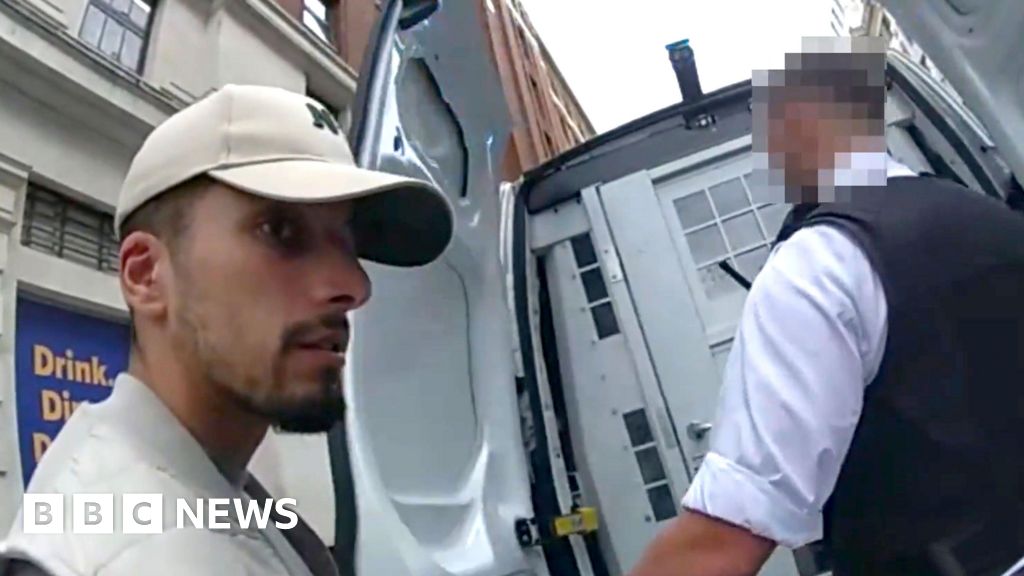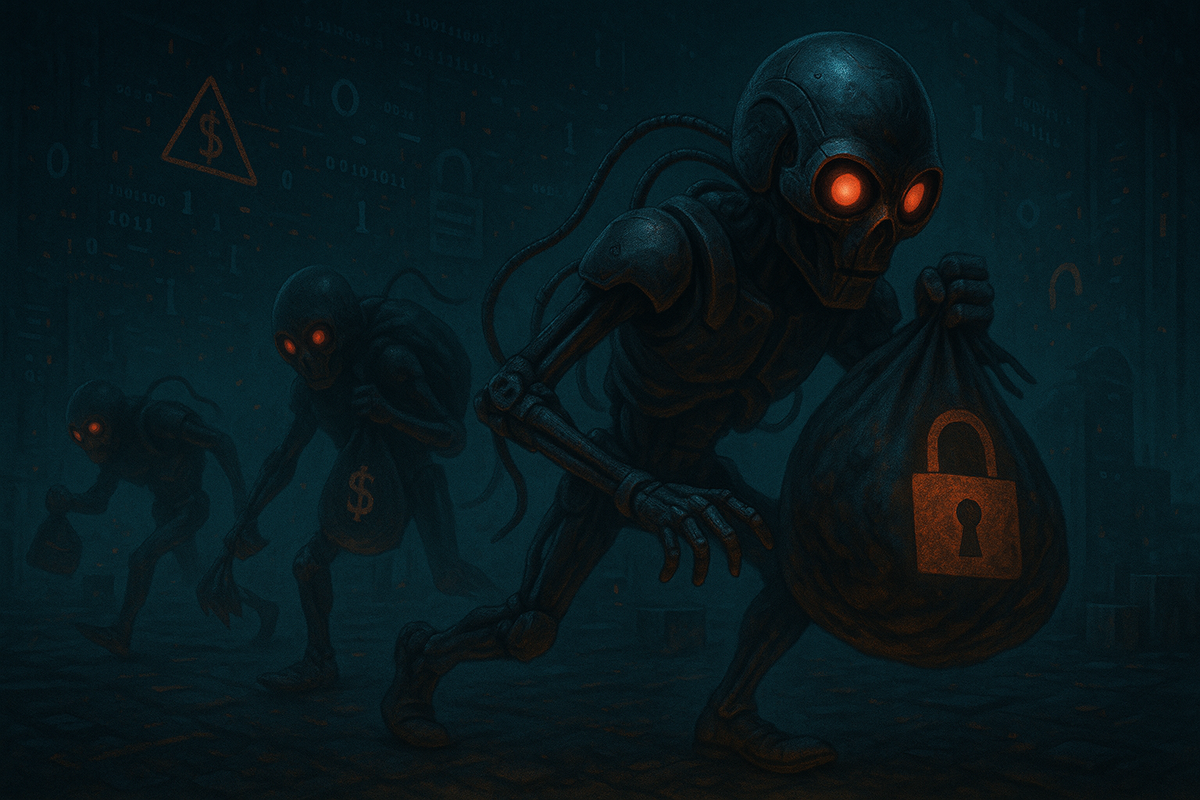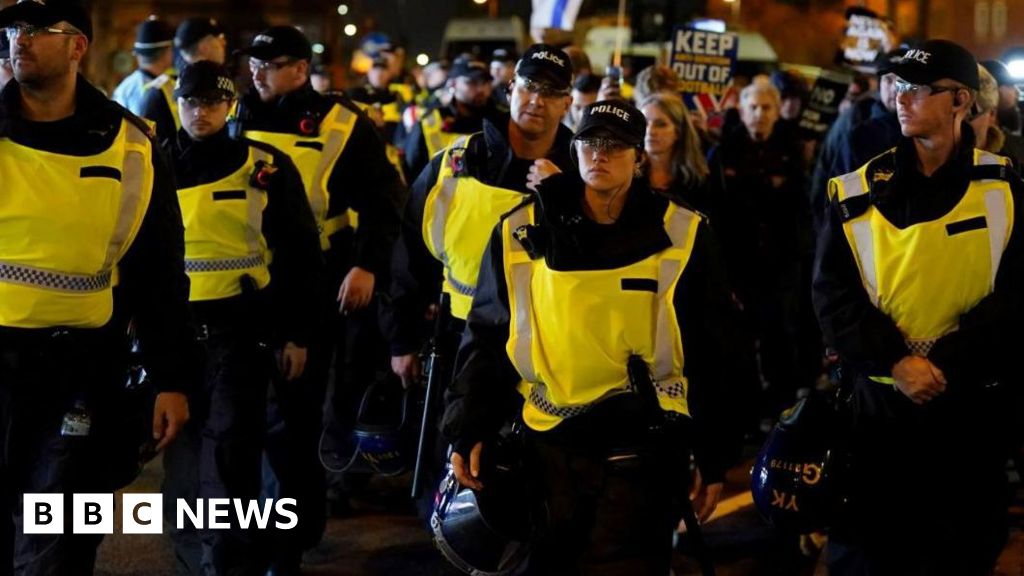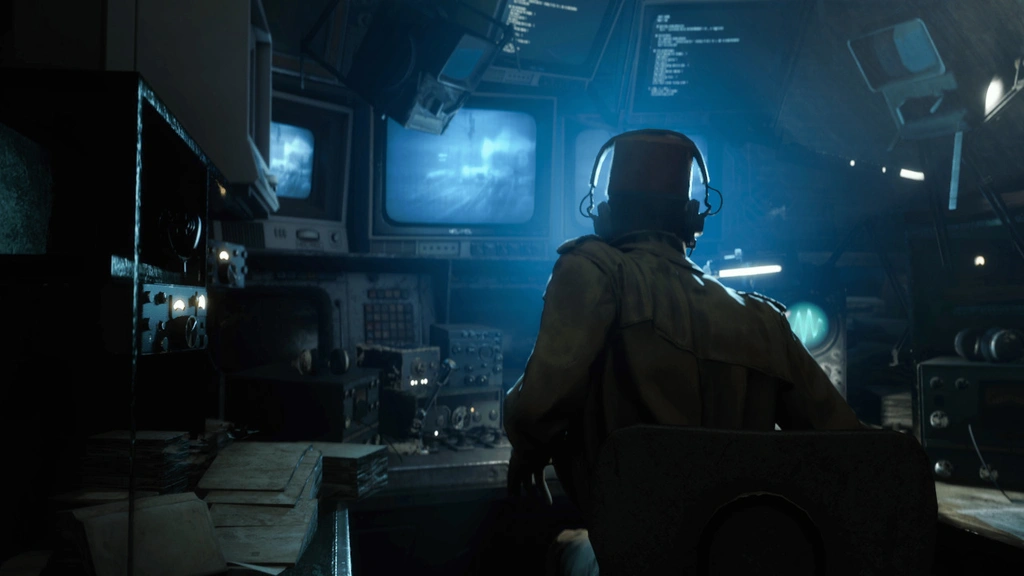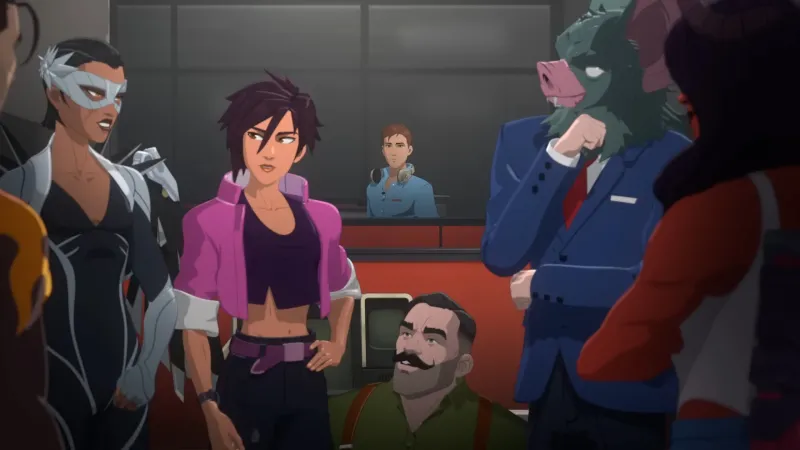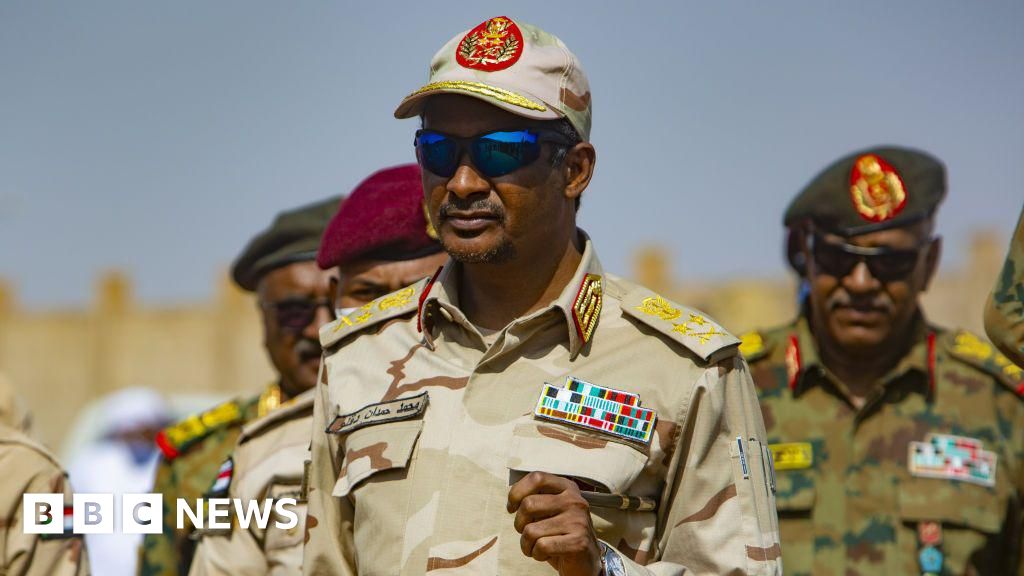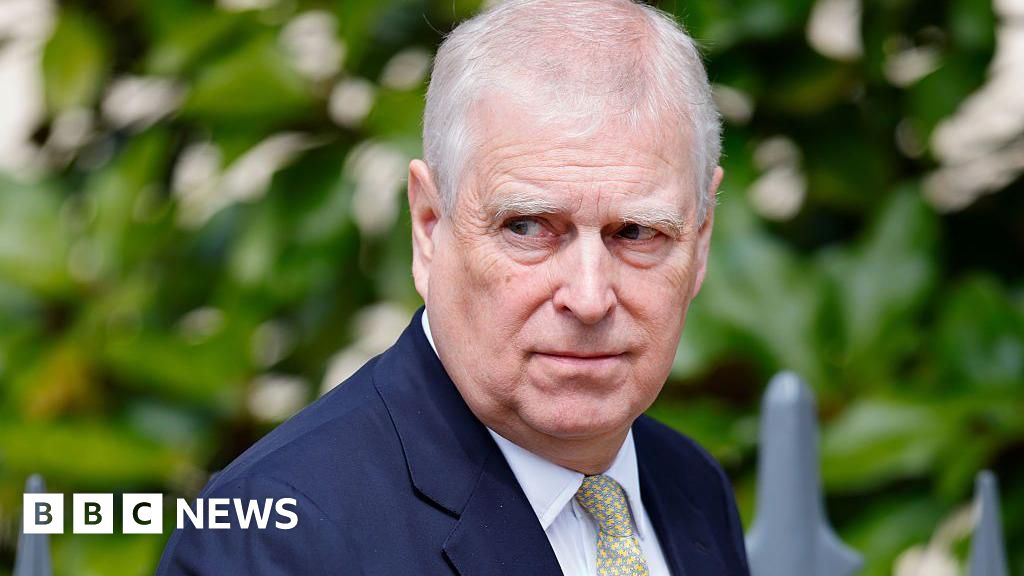The Islamic, Arab Genocide in Sudan which the world ignores

The Islamic, Arab Genocide in Sudan which the world ignores
Posted onIn late October 2025, the paramilitary group Rapid Support Forces (RSF) launched a decisive assault on the city of El Fasher in North Darfur, marking a grim turning point in the ongoing war in Sudan. After an 18-month siege, the city’s last remaining hold-out of the national army in Darfur finally fell, sending tens of thousands of civilians fleeing and leaving behind a scene of carnage. 
The RSF had surrounded the city with earthen berms and embargoed supplies for months, cutting off access for humanitarian aid and escape routes for civilians.  On October 26 2025 they announced they had full control of the army’s 6th Division headquarters and other key positions inside El Fasher. 
Once the RSF took control, multiple credible sources reported mass killings, summary executions, house-to-house raids, and attacks on hospitals and fleeing civilians. Satellite imagery and video footage show clusters of what appear to be bodies in public spaces, and large red stains on the ground consistent with mass fatalities.  One hospital—the Saudi Maternity Hospital in the city—was reported to have been stormed and dozens of wounded, civilians and soldiers alike, were killed while lying in beds. 
According to medical networks and human rights monitors, the death toll is likely in the thousands. A conservative estimate put the number at at least 1,500 civilians killed in the space of a few days, with some claiming over 2,000 fatalities.  Ethnic motivations are also alleged, with the RSF targeting non-Arab sedentary communities in the Darfur region, prompting rights groups to call the assault a “true genocide”. 
The fall of El Fasher means that Darfur—once a contested region—now lies almost entirely under RSF dominance, leaving the national army’s presence fragmented and the region effectively partitioned. The UN has warned that the implications are profound: the humanitarian disaster is escalating, with hundreds of thousands trapped, displaced or fleeing. 
Compounding the catastrophe is the breakdown of communication and access. Aid agencies report that many areas remain unreachable. Civilians speak of looting, arbitrary detentions, and ransom demands by RSF or allied groups for safe exit. 
Regional and international responses have been swift in condemnation though lacking in immediate effective intervention. Governments, the UN, and human rights organisations have called for investigations, accountability for perpetrators, and urgent humanitarian corridors. 
For the people of El Fasher, what emerges is a stark portrait of war at its worst: a city once seen as a relative refuge now transformed into a place of bloodshed and terror. The broader war in Sudan, triggered by a power struggle between the national army and the RSF which erupted in April 2023, has been marked by staggering suffering—but the events in El Fasher may stand as one of its most brutal chapters. 
Going forward, the key questions will revolve around rescue operations for the trapped civilians, documentation and investigation of alleged war crimes, and the possibility of turning the page on this chapter of Darfur’s tragedy.
Views: 183

European Newsdesk
- European Newsdeskhttps://europeantimes.org/author/europeantimesprotonmail-com/Tragedy at the Torre dei Conti in Rome
- European Newsdeskhttps://europeantimes.org/author/europeantimesprotonmail-com/The Generation That Will Never Smoke
- European Newsdeskhttps://europeantimes.org/author/europeantimesprotonmail-com/Fake football team, real crisis: Japan deportation exposes Pakistan’s dark trade in desperation
- European Newsdeskhttps://europeantimes.org/author/europeantimesprotonmail-com/Xi’s regime targets leaders of the underground Zion Church




What's Your Reaction?
 Like
0
Like
0
 Dislike
0
Dislike
0
 Love
0
Love
0
 Funny
0
Funny
0
 Angry
0
Angry
0
 Sad
0
Sad
0
 Wow
0
Wow
0
